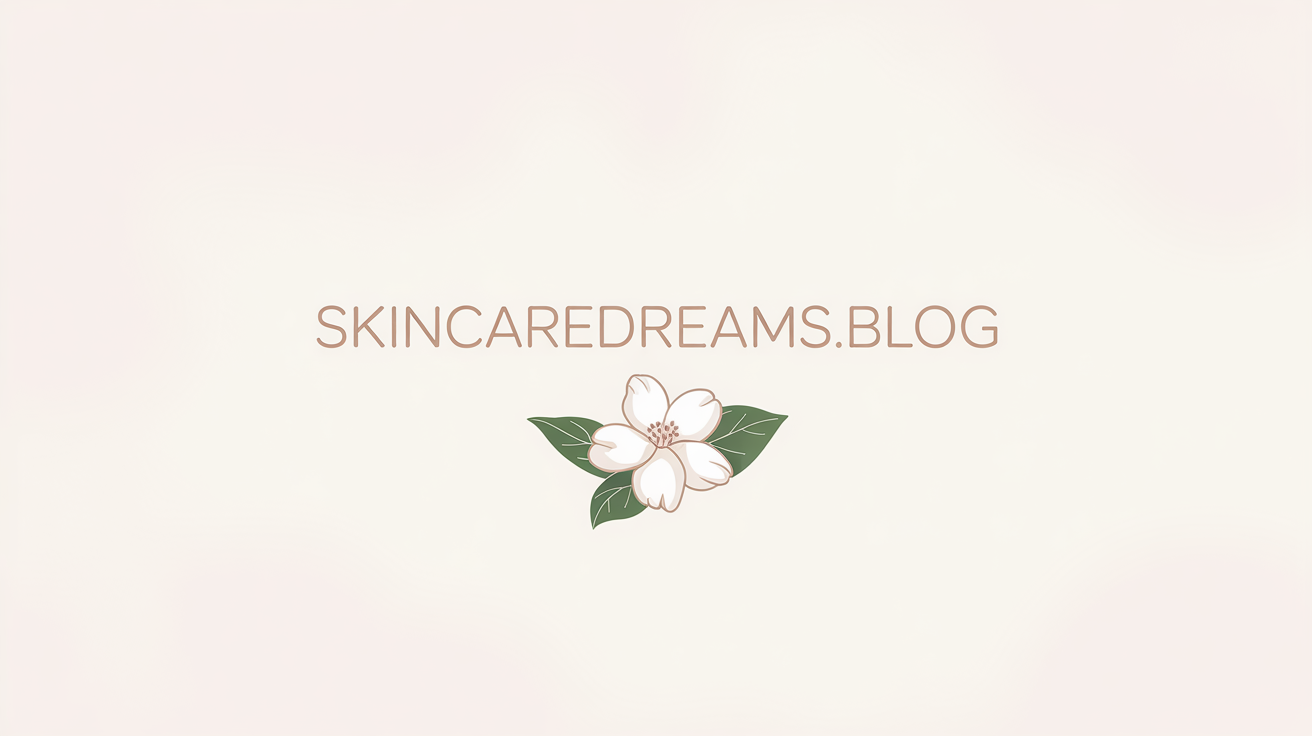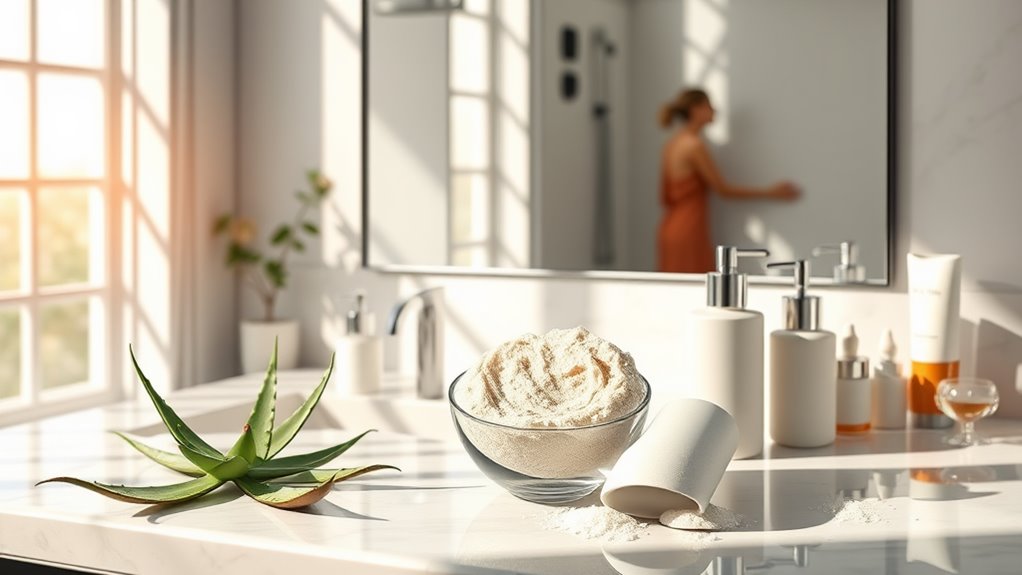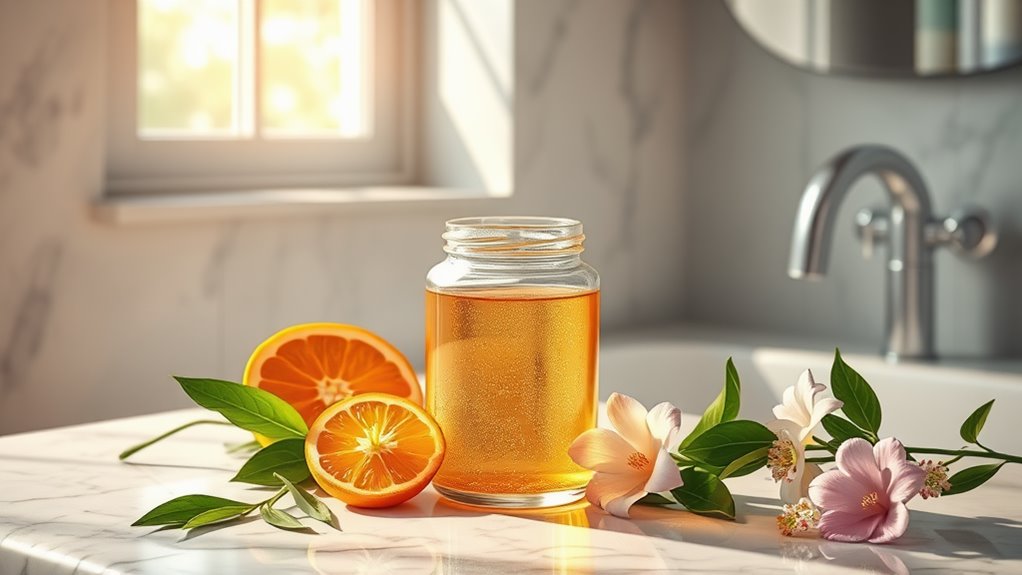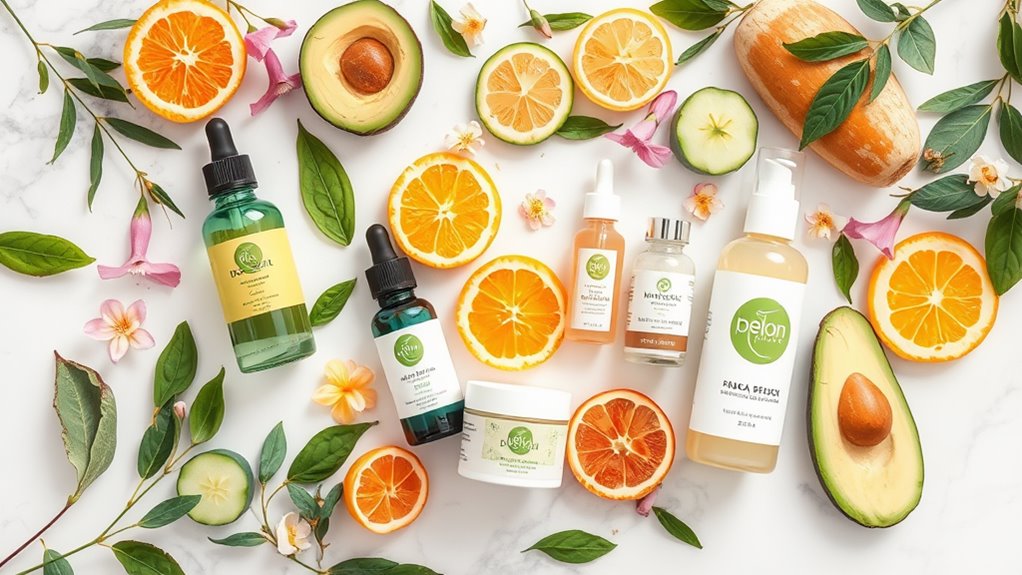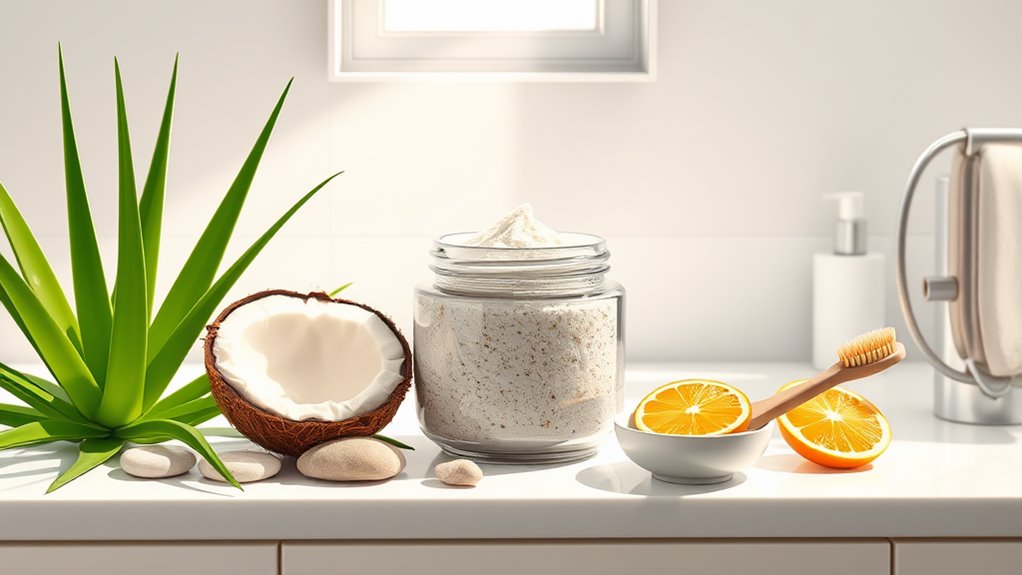3 Exfoliation Mistakes That Could Damage Your Skin
Exfoliation can be a game-changer for your skin, but it’s easy to make mistakes that lead to damage. If you’re over-scrubbing, using the wrong products, or exfoliating too often, you might be setting yourself up for irritation and breakouts. Understanding these common pitfalls is essential for maintaining a healthy complexion. So, what should you know to avoid these issues and keep your skin looking its best? Let’s explore further.
Key Takeaways
- Over-scrubbing your skin can strip essential oils, leading to irritation and sensitivity, so limit exfoliation to 2-3 times a week.
- Using incorrect products for your skin type may cause adverse reactions; choose exfoliants suitable for your specific skin needs.
- Exfoliating too frequently can disrupt your skin’s barrier, resulting in redness, inflammation, and potential breakouts.
- Gentle exfoliation is crucial for maintaining skin health; consider chemical exfoliants like AHAs and BHAs for effective results.
- Listening to your skin’s cues and adjusting your routine is essential for achieving a balanced and healthy complexion.
Over-Scrubbing Your Skin
While it might seem like scrubbing your skin more will lead to better results, over-scrubbing can actually do more harm than good. You might think that aggressive exfoliation hacks will eliminate dead skin and enhance glow, but too much friction can strip your skin of essential oils, leading to irritation and sensitivity.
Instead, focus on a balanced approach. Aim for gentle exfoliation two to three times a week, using products that suit your skin type. Incorporate chemical exfoliants like AHAs or BHAs for effective yet gentle results.
Using Incorrect Products for Your Skin Type
Choosing the wrong exfoliation products can sabotage your skincare efforts, just like over-scrubbing can lead to irritation. It’s essential to match your exfoliants to your unique skin type.
For instance, if you have sensitive skin, harsh scrubs or strong acids might trigger redness and inflammation. On the other hand, those with oily skin may benefit from more robust chemical exfoliants, such as salicylic acid, which can unclog pores effectively. Additionally, incorporating ingredients that help fade dark spots can enhance your overall skin tone and texture.
Always read labels and understand the ingredients. Look for gentle options if your skin is dry or reactive.
Exfoliating Too Frequently
Exfoliating too frequently can wreak havoc on your skin, leading to irritation and sensitivity. It’s essential to strike the right balance to maintain a healthy complexion.
Over-exfoliation can strip your skin of its natural oils and disrupt its barrier function. Here’s what to watch for:
- Redness and inflammation
- Increased dryness or flakiness
- Breakouts or acne flare-ups
- A dull complexion instead of a radiant glow
- Heightened sensitivity to products
To achieve mastery in your skincare routine, limit exfoliation to 1-3 times a week, depending on your skin type. Additionally, chronic stress can exacerbate skin issues, making it even more crucial to care for your skin properly.
Listen to your skin’s cues, and adjust your regimen accordingly. Remember, less can often be more when it comes to exfoliation.
Frequently Asked Questions
Can Exfoliation Help With Acne Scars?
Yes, exfoliation can help with acne scars by removing dead skin cells and promoting cell turnover. When done correctly, it encourages smoother skin texture, reducing the appearance of scars and revealing a more radiant complexion.
Is It Safe to Exfoliate Sensitive Skin?
Yes, it’s safe to exfoliate sensitive skin, but you should choose gentle methods. Avoid harsh scrubs and opt for mild chemical exfoliants. Always test products first, and listen to your skin’s reactions to avoid irritation.
Should I Exfoliate Before or After Cleansing?
You should exfoliate after cleansing. This way, you remove dirt and impurities first, allowing the exfoliant to effectively slough off dead skin cells. It guarantees your skin absorbs beneficial ingredients better and feels refreshed.
How Do I Choose the Right Exfoliation Method?
Choosing the right exfoliation method depends on your skin type and concerns. You’ll want to contemplate physical versus chemical exfoliants, your skin’s sensitivity, and desired results to find what truly works for you.
Can I Exfoliate if I Have Rosacea?
If you have rosacea, you should be cautious with exfoliation. It’s best to consult a dermatologist first. Gentle methods, like chemical exfoliants with low acidity, can sometimes work, but always prioritize your skin’s health.
Conclusion
To keep your skin healthy and radiant, avoid these common exfoliation mistakes. Don’t over-scrub; be gentle to preserve your skin’s natural oils. Choose products that suit your skin type to prevent irritation or breakouts. Ultimately, stick to a balanced exfoliation routine—less is often more. By following these tips, you’ll maintain a glowing complexion without compromising your skin’s barrier or causing unnecessary damage. Remember, gentle care goes a long way in achieving beautiful skin!
